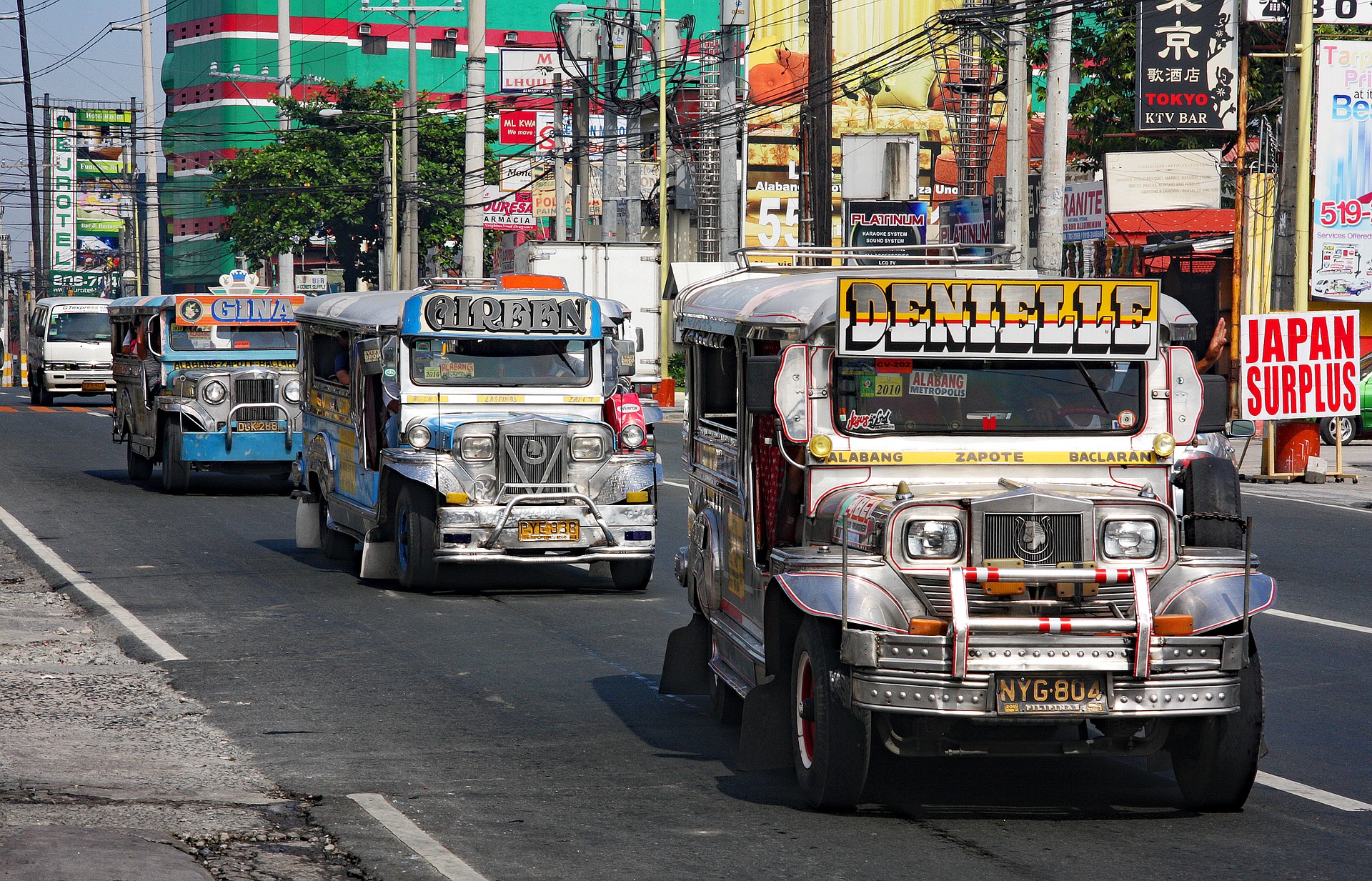What Does Maria Ressa’s Conviction Mean for the Philippines’ Democracy?

This week, one of the Philippines’ most prominent journalists, Maria Ressa, was convicted of “cyber libel” and faces up to six years in prison, marking the government’s latest and most aggressive assault on freedom of the press. Media freedom has long been under threat in the Philippines, with Reporters Without Borders naming it one of the world’s deadliest countries for journalists in its 2020 World Press Freedom Index, and throughout his presidency, Rodrigo Duterte has used strongarm tactics to silence independent journalists and news outlets.
Recent months have seen an uptick in the Duterte administration’s crackdown on the press. Last month, the largest TV broadcaster in the Philippines ABS-CBN was forced to cease all television and radio broadcasting. However, the attack on Maria Ressa’s outlet, Rappler, has been years in the making. Rappler has been a target of repeated attacks from the administration that include an investigation from the Philippines Securities and Exchange Commission (SEC), allegations of tax evasion and now the conviction of both Maria Ressa and former Rappler researcher Reynaldo Santos Jr. under the 2012 cyber libel law. Little to no evidence has been proffered to support these accusations.
Here’s what this disturbing development tells us about the trajectory of democracy in the Philippines – and what the United States should do about it:
1. Media freedom and freedom of expression continue to trend downward.
This week’s convictions and the forced shuttering of the ABS-CBN network has hastened the downward spiral of media freedom and freedom of expression in the Philippines. Once Duterte took office, he embarked on a campaign of weaponizing the internet against those critical of his authoritarian policies and human rights abuses, especially his war on drugs. According to Freedom for Media’s State of Media Freedom in the Philippines Report, there were 61 reported incidents of threats and attacks against the press between January 1, 2019 and April 30, 2020, including the murder of three journalists.
The Duterte administration has also manipulated the COVID-19 pandemic, seizing the opportunity to implement more restrictive measures against the media entities through an emergency law provision penalizing “fake news.” This legislation has allowed the government to investigate and arrest dozens of social media users critical of the government in recent months – a trend that is likely to worsen as economic issues arise from the government’s mishandling of the COVID-19 pandemic and elections approach in 2022.
2. The escalation of Duterte’s war on the media poses a major threat to free and fair elections in 2022.
The crackdown on media freedom makes it increasingly possible that the Duterte administration will use its growing monopoly on information to prevent political opponents from campaigning effectively or criticizing the administration. These fears are reinforced by a troubling anti-terrorism bill that Duterte will likely sign into law this week, which enables the executive branch to label dissenters as terrorists.
These measures prevent political opponents from holding Duterte and his allies accountable for the anti-people policies and bad governance that have been hallmarks of his presidency. By convicting Maria Ressa for cyber libel, Duterte is using her as a cautionary tale to intimidate and silence the media, critics and future political opponents. These manipulative and harmful developments could severely undermine a free and fair election process.
3. The United States should be at the forefront of condemning Maria Ressa’s conviction and Duterte’s war on the media.
As the Duterte administration becomes more authoritarian and the effects of COVID-19 more sorely felt, the country could face civil unrest, threatening its own stability and U.S. strategic interests. Now more than ever, it is vital that the U.S. express solidarity with Maria Ressa and all other journalists and citizens fighting to protect democratic values in the Philippines.
One of the most important ways the U.S. can do this is by supporting civil society organizations and activists who are vital to protecting a space for free expression within the Philippines and in fighting for justice for people like Ressa. It is critical for these organizations to mobilize ahead of the 2022 elections to ensure Filipinos are educated about the issues at stake. The International Republican Institute is proud to stand behind them, continuing to advocate for citizen-centered governance, transparency and accountability in the country.
Top